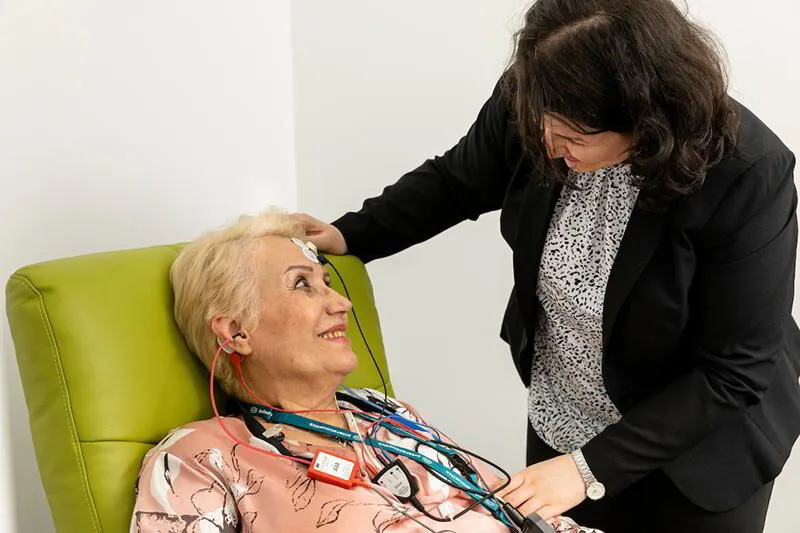Potential causative factors
Hearing loss initiated by impactful noise.
Age correlating hearing loss.
Diseases/conditions of the ear.
Severe stress/traumatic events
Wearing/degrading of cochlear hair cells.
Ear issues; e.g otosclerosis (a fixed tiny stirrup middle ear bone)
Meniere’s disease (a swollen duct within the ear)
Certain medications.
Further potential causes
Trauma to the head
Extensive dosing of some drugs, like aspirin (ensure you always discuss with your doctor regarding potential adverse effects of medicines you ingest, like initiating/worsening the condition).
Ear wax compacting.
Middle ear infections
Misalignment of the jaw (more precisely, a dysfunctional joint that joins jaw to the bone beneath the ear)
Perilymph fistula (an internal ear hole that permits escaping of fluid)
Some tumour forms
Cardiovascular disease
Disorders of the thyroid
Potentially Exacerbating Factors
There are numerous factors that may exacerbate tinnitus and result in worsening of the condition when present
High volume noises
When exposed to noisy atmosphere; for instance through work, listening to music on high volume, playing a musical instrument, or exposure through alternate sources - it is critical to ensure use of certain protection equipment. If this is not done, hearing loss is a potential hazard and is significantly increased in likelihood, alongside tinnitus.
It takes a mere sole occurrence of exposure to cause hearing loss or tinnitus to present (for instance fireworks/alternate explosions, gunshot in close proximity to your ear).
There are numerous forms of hearing protection, like earplugs - that can obstruct this from occurring in relation to excess or intense noise. Hence, it is necessary to consistently ensure use of protection when being exposed to intensive noises: irrespective of whether or not the noise “seems” uncomfortable to you. Note that at higher frequencies hearing loss is often indistinguishable/pain free, and the most prevalent consequence is tinnitus.
Exhaustion & Stress
Some evidence has illustrated that stress initiates exacerbation of tinnitus. Though stress is a common and everyday occurrence, there are numerous means by which you may diminish your stress degree: through utilisation of varying management techniques. These will allow for maintenance of serenity, positive thinking, and externalising attention of your energy to draw it from the tinnitus.
One such method that may assist is hypnotherapy, which may aid in promoting relaxation. Furthermore: cognitive behavioural therapy (or CBT) is a tool anchored by clinical psychologists that permits you to alter your perception in regards to the ailment - including learning means of redirecting your focus as opposed to placing it on your tinnitus, and stress management pertaining to tinnitus.
Medications & Alternate Substances
Informing your medical doctor of your tinnitus is necessary, as certain medications may promote worsening of the condition or initiate it as an adverse effect. Be particularly attentive in case of medications used to treat arthritis, rheumatic diseases, certain antibiotics, and antidepressants. Intensive aspirin usage may further trigger problems, so consider discussing alternate options with your doctor.
There is suspicion that certain foods or substances may exacerbate tinnitus: though scientific proof is not present.
It is unnecessary to entirely steer clear of them, but consider laying back on caffeine, quinine (tonic water) and alcohol, because they may result in temporary worsening of the condition in certain individuals. Meals high in carbohydrates - such as pasta, May result in sedation/calming, which may further assist. It is important to allow adequate digestion time of your meal, though, prior to resuming to bed - in order to prevent sleep disturbance.
Is There A Cure for Tinnitus?
Our Professionals
Tara chose Audiology as a career because she believes that addressing hearing needs contributes significantly to people’s quality of life.
Tara Bishesari
Wai has been a practising Audiologist for six years and holds a Master of Clinical Audiology from Melbourne University.







